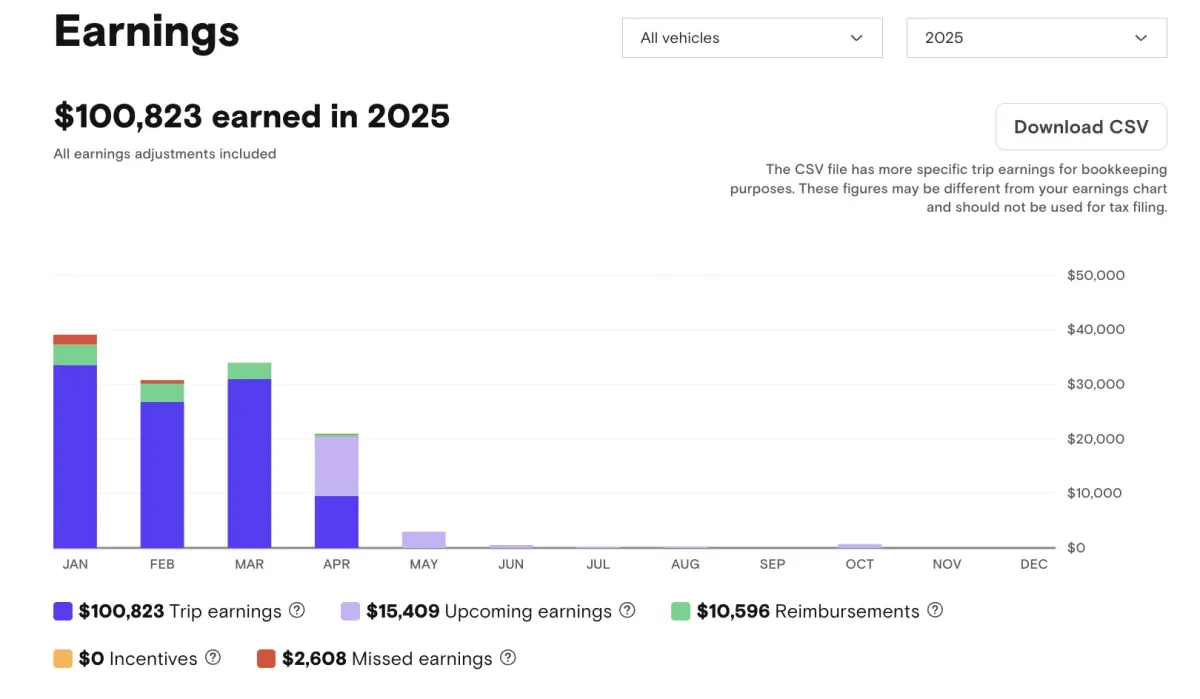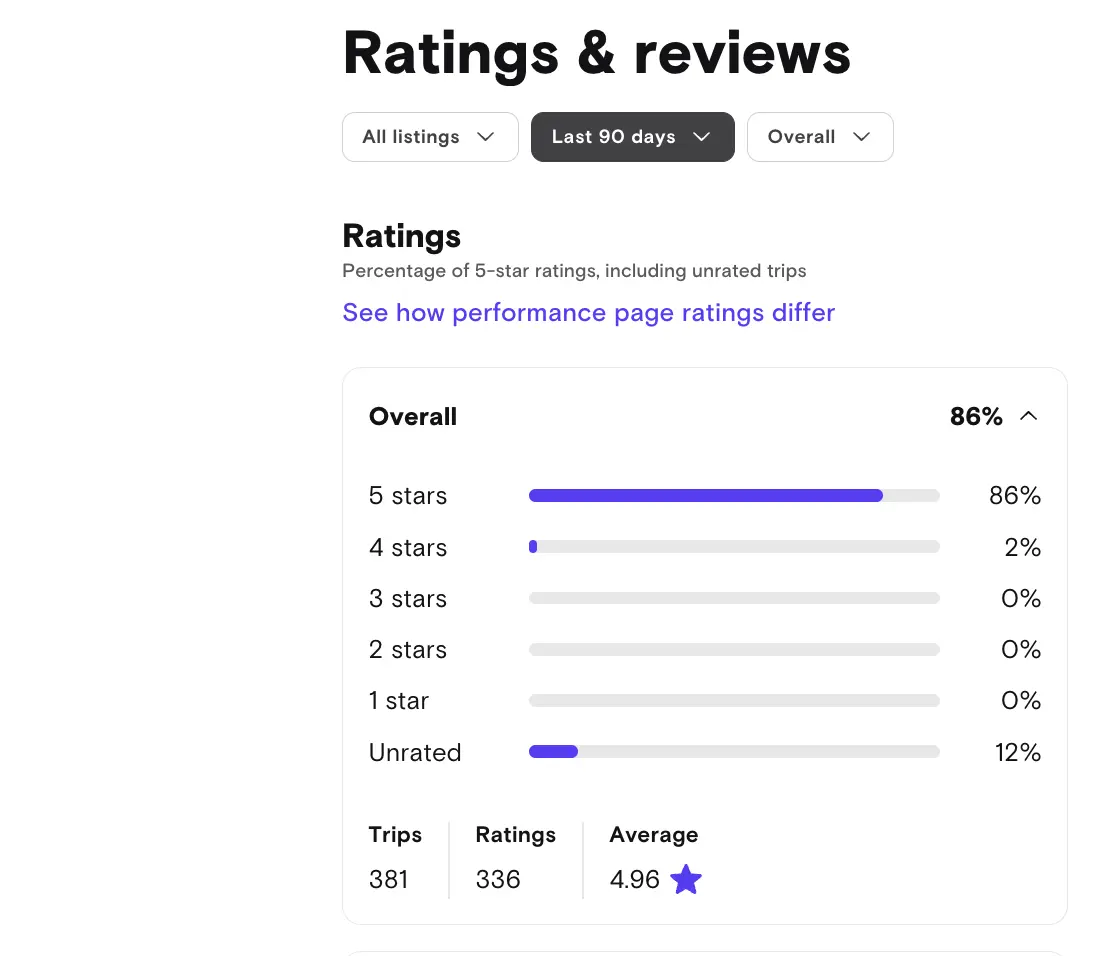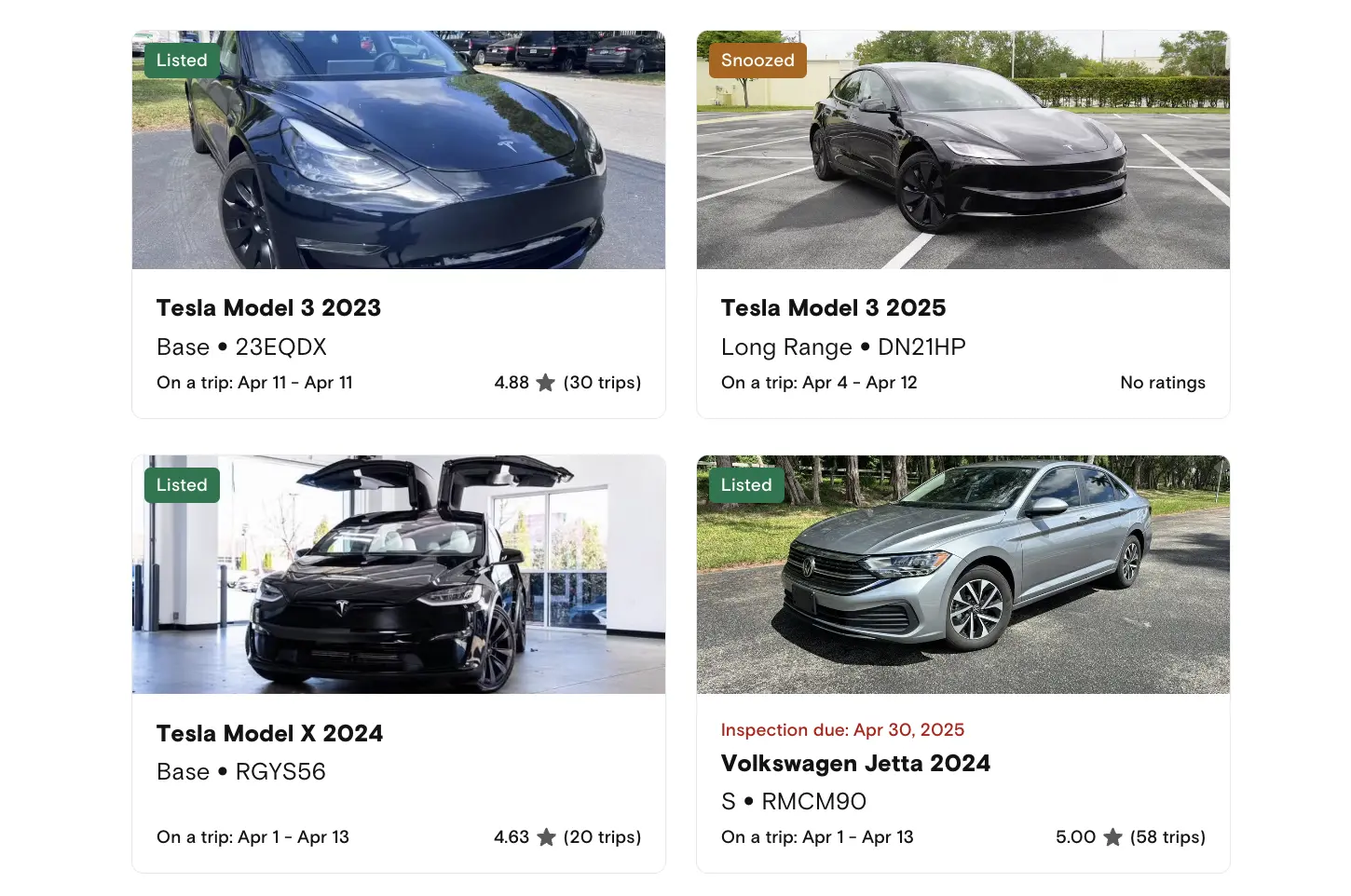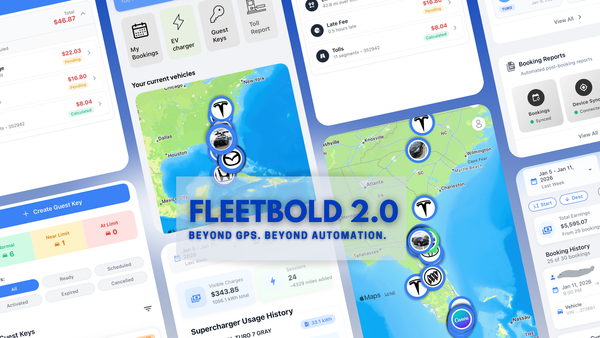Kickstart Your Turo Business: From Cars to Cash Flow Step-by-Step

Blog: How to Launch a Profitable Turo Business
Introduction
Stepping into the world of Turo can be one of the most rewarding ventures for anyone looking to earn additional income. Picture this: you don’t necessarily need an entire fleet of cars to make money—sometimes, a single vehicle can bring you hundreds or even thousands of extra dollars each month.
However, many people still wonder: What is Turo exactly, and how does it work? Which strategies and tools are key for maximizing profit and minimizing risk? Should you consider a specific legal structure to protect yourself if something goes wrong? In this extensive article, we’ll dig into everything you need to know to start off on the right foot with Turo and ultimately transform it into a thriving business venture.

1. Understanding the Turo Model
For those new to Turo, you can think of it as the “Airbnb for cars.” The platform connects vehicle owners directly with individuals seeking to rent a car for short periods. It’s a peer-to-peer (P2P) model where each car owner becomes a small-business entrepreneur—managing, maintaining, and renting out a vehicle to the public in exchange for a daily or weekly rate.
- Trust and Reputation
Similar to Airbnb, the host’s reputation is critical to drawing in more renters. Turo has a rating and review system that helps potential guests decide which car is best for them. Because of this, maintaining your car in great shape and providing transparent, reliable service (cleanliness, clear communication, punctual key handovers, etc.) will significantly boost your odds of success and improve your monthly earnings. - Scalability
Turo’s listing process is straightforward, allowing anyone to start with one car and add more if the numbers look promising. Once you establish a solid process—ranging from day-to-day vehicle maintenance to managing reservations—expanding your fleet can multiply your revenue exponentially. - Wide Market Reach
Turo operates in numerous cities and countries, and its popularity is on the rise. If your vehicle meets Turo’s requirements and you live in a location with robust demand—such as a tourist hotspot or a major urban center with many visitors—there’s a good chance you can enjoy a consistent stream of reservations.

2. Basic Requirements for Listing Your Car
Not every vehicle qualifies for Turo. To maintain service quality and ensure safety, Turo sets a few fundamental requirements:
- Vehicle Age and Mileage
Generally, Turo requires that vehicles be less than 12 years old and have under 130,000 miles. The rationale is to ensure cars are in acceptable mechanical and aesthetic condition, which helps provide guests with a reliable, secure experience. - Insurance and Documentation
Depending on the country or region, Turo typically provides some form of insurance during the rental period. Even so, you must have personal or commercial coverage (as applicable to your location) that meets legal requirements. In addition, your car’s registration and title must be up to date and valid. - Maintenance Condition
While Turo doesn’t mandate a rigorous mechanical check in every case, it is imperative your car is properly maintained. An unexpected breakdown or significant mechanical issue during a guest’s trip can damage your listing’s reputation and significantly hurt your ability to get new reservations in the future.
3. Strategies to Maximize Profitability
Owning a qualifying car is just the first step. If you truly want to profit on Turo, you’ll need clear strategies that maximize your return on investment and reduce risks such as late payments, damages, or disputes.
3.1 Start with a Car You Already Own
- Reduced Financial Risk: If you already have a vehicle that meets Turo’s criteria, listing that car is one of the best ways to test the platform without taking on new debt.
- Hands-On Learning: Managing one car gives you a manageable way to learn how Turo works—building up your skills in marketing the listing, maintaining the car, communicating with guests, and dealing with potential issues before you consider adding more vehicles to your fleet.
3.2 Have a Thought-Out Exit Strategy
- Wear and Tear on the Vehicle: A car rented through Turo will likely accumulate mileage more quickly than a privately owned car. In less than a year, the vehicle could be driven extensively if it has a high booking rate.
- Selling or Upgrading: To avoid your car losing too much value, set up an exit plan. For example, you might choose to use the vehicle on Turo for 12 to 18 months, then sell it while its market value remains relatively high. You can reinvest the proceeds in a newer or lower-mileage car, thus maintaining a reliable listing on the platform.
3.3 Opt for Inexpensive, Cash-Purchased Cars
- Ideal Price Range: Aim for vehicles in the $8,000 to $15,000 price range. Cars within this bracket generally offer a decent balance of affordability, reliability, and appeal to renters.
- Lower Risk: If you purchase a vehicle in cash, you avoid the burden of monthly loan payments. It may require a larger outlay upfront, but you save on interest, and the monthly overhead is much lower.
- Pricing Flexibility: Without monthly loan expenses, you can offer more competitive daily or weekly rates on Turo. This helps ensure your car is consistently booked, potentially boosting overall revenue.
3.4 Exercise Caution with Financing
- Risk of Overindebtedness: Committing to a 5- to 8-year auto loan can be dangerous if your car is damaged, significantly depreciates, or doesn’t get the volume of rentals you anticipated.
- Additional Maintenance Costs: High-frequency rentals accelerate wear and tear on your vehicle. Juggling both the monthly loan payment and increased maintenance costs can reduce your profits.
- Total Interest Paid: Over the life of a long-term loan, you’ll pay a considerable amount in interest. Many Turo hosts prefer paying cash or, if necessary, opting for short-term financing to minimize the interest burden.
4. Essential Tools: The “Turo Starter Kit”
Running a successful Turo business involves more than just listing your car and waiting for bookings. Certain tools can help differentiate you from average hosts, boost your ratings, and foster strong guest loyalty.
- Ozone Generator
- Purpose: Eliminates persistent odors inside the car, such as cigarette smoke or stale food smells.
- Benefit: Ensures each guest walks into a fresh-smelling, clean environment, increasing the likelihood of positive reviews and repeat bookings.
- Lockbox
- Purpose: Allows contactless key handovers.
- Benefit: Offers flexibility for guests arriving after hours, and saves you time because you don’t need to be physically present for every handoff.
- RF Blocking Pouch
- Purpose: Shields your key fob’s signal from would-be thieves attempting to intercept or replicate it electronically.
- Benefit: Adds an extra layer of security, particularly relevant for newer cars equipped with keyless entry or push-button start systems.
- GPS Tracker
- Purpose: Monitors the car’s location at all times.
- Benefit: Provides peace of mind and an added measure of control if there’s a late return or suspicious activity. It also helps track miles driven, assisting you in planning maintenance and protecting the car’s value.
5. Legal Considerations: Why Form an LLC?
(click to see How to Add an LLC to Your Turo)
Any business venture comes with some risks, and you don’t want to jeopardize your personal assets if an unforeseen event occurs. That’s where forming a Limited Liability Company (LLC) (or a similar legal entity, depending on your region) can be advantageous.
- Asset Separation
- Personal Protection: By establishing an LLC, your personal assets (home, personal bank accounts, etc.) are separate from those of your Turo business (the car, the business bank account, etc.).
- Limited Liability: If a legal dispute or lawsuit arises, any liability (settlements, judgments, etc.) would typically be tied to the LLC and its assets, not to you personally.
- Tax Benefits
- Potential Deductions: In the United States and other jurisdictions with similar regulations, an LLC can deduct certain business-related expenses—maintenance, Turo fees, equipment purchases, etc.
- Audit Clarity: Operating under an LLC can provide clearer financial documentation, potentially reducing your risk of personal tax audits and helping maintain a transparent separation between business and personal finances.
- Professionalism and Trust
- Reputation: Running your rentals under an official business entity can enhance your credibility with guests, partners, and even lenders.
- Expansion Opportunities: Having a recognized legal structure can open doors to business credit, partnerships, or even expansion into related automotive services if you choose to scale in the future.
6. Practical Day-to-Day Tips
Beyond purchasing or listing a qualifying car and establishing the right legal framework, your success on Turo will hinge on how you manage everyday tasks—ranging from handling guest communications to scheduling maintenance.
6.1 Effective Guest Communication
- Fast Responses: Promptly replying to questions or reservation requests increases the likelihood of a confirmed booking.
- Detailed Listings: Provide a thorough description of your car, including its key features, any quirks, and local tips (such as where to park or how tolls are handled).
- Clear Policies: Outline in your listing how you handle late returns, fuel refills, additional cleaning fees, and any other pertinent details. This helps set expectations from the outset.
6.2 Regular Maintenance
- Scheduled Checkups: Create a maintenance schedule for oil changes, brake inspections, tire rotations, and fluid top-ups. Frequent rentals accelerate wear, so you’ll need to be proactive.
- Emergency Fund: Put aside a portion of your rental income for unexpected repairs or part replacements. You never know when a flat tire or engine issue might come up.
- Documentation: Keep a record of all services and repairs. Not only is this useful for tax or accounting purposes, but it also increases your car’s resale value by demonstrating a clear maintenance history.
6.3 Flexibility and Goodwill
- Customer Service Mindset: In any service business, the overall experience can outweigh the product. A friendly, accommodating attitude can turn a regular trip into an outstanding one.
- Reasonable Cancellation Policies: While you should protect your interests, consider showing understanding if a guest has a legitimate reason for changing or canceling their booking. Striking the right balance can save you from negative reviews.
- Constructive Feedback: If a guest leaves a complaint or suggestion (e.g., about a slow check-in process or minor mechanical issue), treat it as an opportunity to refine your operation. The best hosts use feedback to enhance their service.
7. Success Stories and Real-Life Examples
It’s often helpful to look at real-world cases of hosts who have done well on Turo. These examples show how different approaches can lead to profitable outcomes.
- John and His Mid-Range Sedan
- Background: John started with a 2015 sedan he fully owned, meaning no monthly payments.
- Strategy: Because he wasn’t covering a car loan, he could lower his daily rental rate slightly below local competition, keeping his car almost constantly booked.
- Outcome: He established a steady revenue stream. After about 12 months, he opted to sell the sedan before its mileage and depreciation made it less attractive. He then replaced it with a similar model with fewer miles, staying competitive on Turo.
- Mary and Her Two Budget Cars
- Background: Mary had enough savings to buy two used cars for around $10,000 each.
- Strategy: She kept the daily rate competitive and installed GPS trackers in both vehicles for security. Every two weeks, she arranged a professional cleaning to keep them spotless.
- Outcome: Her cars garnered excellent reviews, largely thanks to their cleanliness and reliability. Over time, she was able to raise her rates a bit, and after about 18 months, sold both cars. She used the proceeds to buy two newer, more appealing models, continuing her profitable cycle.
Both scenarios illustrate that success on Turo stems from proper financial planning, attention to detail, and an ability to pivot or upgrade cars as the market and your business evolve.
8. Conclusion: A Roadmap to Long-Term Profitability
Venturing into the world of Turo can be a great way to harness the power of the sharing economy. Still, genuine profitability comes from a well-managed balance of up-front investment, consistent maintenance, and top-notch customer experience.
- Plan Wisely: Decide whether you’ll begin with a car you already own or purchase a lower-priced one for cash.
- Emphasize Prevention: Invest in vital tools (GPS trackers, ozone generator, etc.) to avoid significant issues and to offer exceptional service.
- Protect Your Assets: Consider forming an LLC or an equivalent business structure to keep your personal finances separate from business liabilities.
- Scale Prudently: Master Turo with one or two cars before expanding further. Every additional vehicle represents a new revenue stream but also comes with more responsibilities.
Ultimately, with a solid strategy, diligent management, and flexibility, you can transform Turo into a reliable source of income—whether it’s a side hustle or a full-fledged business. By carefully balancing investment, marketing, and customer satisfaction, you’ll remain on course for sustainable growth and ongoing success.
FAQ (Frequently Asked Questions)
1. Is Turo really profitable?
Absolutely. With the right purchase or usage strategy for your vehicle, along with sound maintenance and competitive pricing, many hosts manage to cover their running costs and secure a healthy profit margin.
2. Which types of cars tend to do well on Turo?
Economical, reliable cars generally top the charts, typically in the $8,000–$15,000 range. However, certain high-end or specialty vehicles can also perform well if you’re in a market with strong demand for luxury or unique car types.
3. How do I list my car on Turo?
First, confirm it meets Turo’s age and mileage requirements. Next, sign up as a host, upload clear, well-lit photos, and provide a complete description of your car. You’ll also set your daily or weekly rental rate and availability schedule.
4. Do I need commercial insurance, or does Turo provide one?
This depends on your region. Turo generally offers coverage during the rental period, but your vehicle still needs its own standard or commercial insurance policy to comply with local regulations. Always review the latest Turo terms and conditions, as well as regional laws.
5. What if my car is damaged or returned late?
Turo provides protocols for filing damage claims and walking hosts through late-return procedures. Using a GPS tracker and maintaining an open line of communication with the guest can help prevent unexpected surprises.
6. Can I make a full-time living off Turo?
Some hosts have built entire businesses and fleets on Turo, making it their main revenue source. However, this often requires a fleet of vehicles, solid demand in your market, and effective management of daily logistics and maintenance.
7. Why consider setting up an LLC or legal entity?
Establishing an LLC or an equivalent structure helps separate business liabilities from your personal ones. It can also provide tax advantages, increased credibility, and a foundation for future growth opportunities.
With this comprehensive overview, you now have the essential information and practical insights to start on Turo. Like any business, your success depends on the right blend of strategy, discipline, and adaptability to market changes. If you manage to consistently balance these factors, you’ll be on the fast track to both profitability and lasting financial stability. Best of luck on your Turo journey!





